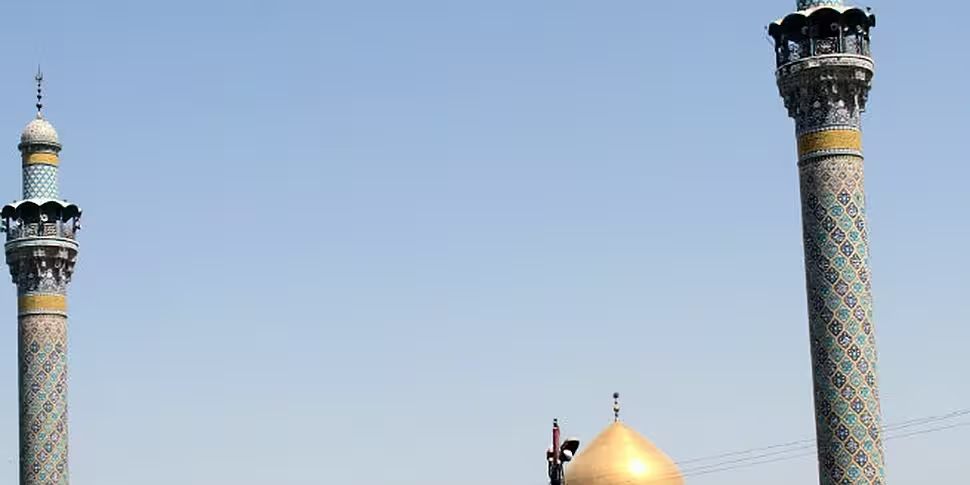Suicide bombers have killed 71 people near the Syrian capital of Damascus.
Two Islamic State attackers blew themselves up yesterday near a shrine on the southern edge of the city.
Scores of people are also reported to have been injured in the bombings near Sayyida Zeinab.
The site has previously been targeted on a number of other occasions.
The shrine contains the tomb of the grand-daughter of the Prophet Mohammed, who is particularly revered by Shia muslims.
Islamic State claimed responsibility for the deadly attacks, saying in a statement that "two soldiers of the caliphate carried out martyrdom operations".
The bombings came as Syrian government and opposition groups gathered in Geneva in a bid to start talks aimed at finding a political solution to the conflict.
The High Negotiations Committee (HNC) opposition group says the peace talks with the Assad regime cannot get begin until there is an end to air raids on rebel territory.
They are also pressing for urgent humanitarian aid for people in besieged towns across Syria.
Speaking following preliminary meetings yesterday, HNC spokesperson Salem Al-Meslet said positive progress had been made, and reaffirmed that "the opposition is working for a future Syria for all Syrians free of dictatorship and terrorism".
However, the group has previously warned that they are in Geneva to "participate, not negotiate", leading to uncertainty over how involved they will be in the talks, which are set to continue today.
Ahead of the Geneva gathering, UN special envoy for Syria Staffan de Mistura issued a message to the Syrian people, and said that the latest talks 'cannot fail'.
World powers have been intensifying their diplomatic efforts to solve the conflict in the country, which has resulted in the deaths of more than 260,000 people.
Leaders have pinned their hopes on an ambitious UN-backed plan for the negotiations in Geneva, followed by the creation of a transitional government, a new constitution, and elections within 18 months.
Experts say there is a huge challenge ahead because the conflict involves moderate rebels, Islamist fighters, Kurds, and regime forces backed by Moscow and Iran.









